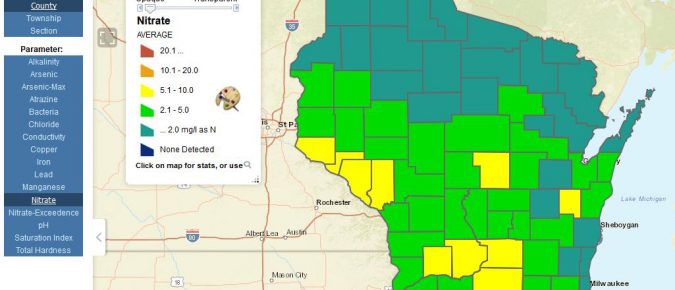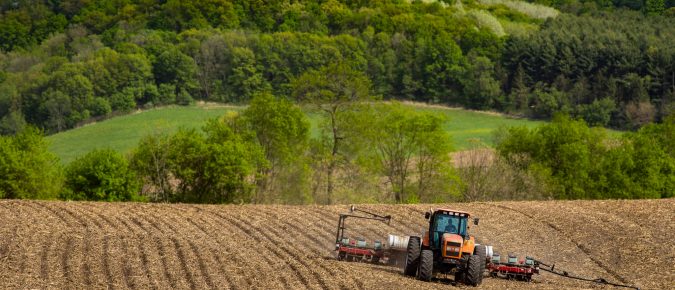Private wells are the primary water source for approximately one-third of Wisconsin residents. Approximately 9% of private wells are above accepted health guidelines for nitrate-nitrogen in drinking water. Between 15-25% of private wells contain coliform bacteria—an indicator of potential pathways for harmful pathogens that enter a well water system. Private wells do not benefit from […]
Food insecurity contributes to poor mental and physical health, cognitive and behavioral challenges in school, and more difficult family functioning. The pandemic was particularly devastating to food security because it disrupted the four foundations of food security: economic security, access to strong federal nutrition programs, a robust emergency food network, and a vibrant food system. […]
Agriculture is central to a prosperous Wisconsin, contributing more than $100 billion annually to our state’s economy and nearly 12% of our state’s employment (providing over 435,000 jobs). Running a successful farm business is increasingly challenging and the current economic situation continues to have an impact financially for many farms. Much uncertainty exists for commodity […]
In Wisconsin, 7 million acres of field crops, hay and haylage are harvested, at a value of 3.6 billion USD. Those farm operations are the foundation of Wisconsin’s agriculture industry. Although the overall agriculture industry is growing in Wisconsin, the farm operation component has struggled from declining prices in recent years. Multiple years of depressed […]
Business ownership serves as an important vehicle for wealth creation, especially for members of economically disadvantaged communities. Research shows that, in Wisconsin, Black, Indigenous and People of Color (BIPOC) have disproportionately low levels of business ownership and have demonstrably weaker relationships with key people and institutions in the small business development field, such as lenders. […]
Small businesses are critical to the Wisconsin economy and local communities. Self-employed business owners and entrepreneurs help shape local and regional economic well-being, security, and resiliency by providing a livelihood for owners and creating jobs, generating income, and producing tax revenue for communities. Businesses and entrepreneurs also help alleviate poverty. In Wisconsin, 10,000 new businesses […]
To afford the average two-bedroom apartment in Wisconsin, a renter needs to earn a minimum of $17.27 per hour. The average Wisconsin renter earns only $14.32 per hour. Close to 90% of extremely low-income Wisconsin residents (with incomes of 0 to 30% of the area median income) are housing cost-burdened—meaning they pay more than 30% […]
Food security has taken on a new prominence during the COVID-19 pandemic through major disruptions to access to healthy foods and family economic conditions. Extension and the Milwaukee Farmers Market Coalition tackled both, more than doubling the amount of federal food assistance used in Milwaukee-area markets. Ten Milwaukee farmers markets recorded $150,000 in sales in […]












